First Year
- Ancient Tamil Literature (Sangam & Bhakti Literature)
- Tamil Grammar & Linguistics
- Tamil Folklore & Oral Traditions
- Comparative Literature & Translation Studies
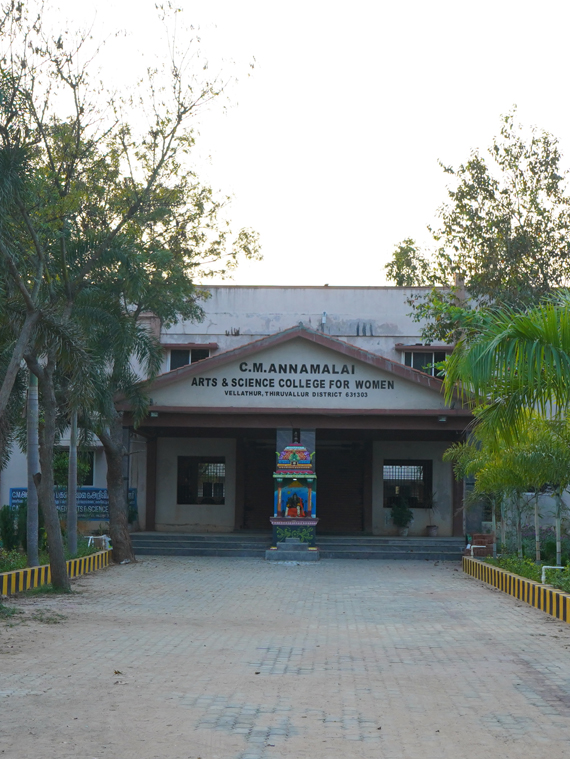
The Department of Tamil at C.M. Annamalai Arts & Science College for Women, Vellathur, has been a pioneer in promoting Tamil language, literature, and cultural studies. With a strong academic foundation, the department offers postgraduate (PG) and research programs, aiming to enhance literary knowledge, critical analysis, and research skills.
The M.A. Tamil program provides in-depth exploration of classical and modern Tamil literature, linguistics, folklore, and translation studies. The department encourages research-based learning, critical thinking, and literary appreciation, preparing students for academic, teaching, media, and administrative careers.
The M.A. Tamil program is a two-year postgraduate degree designed to:
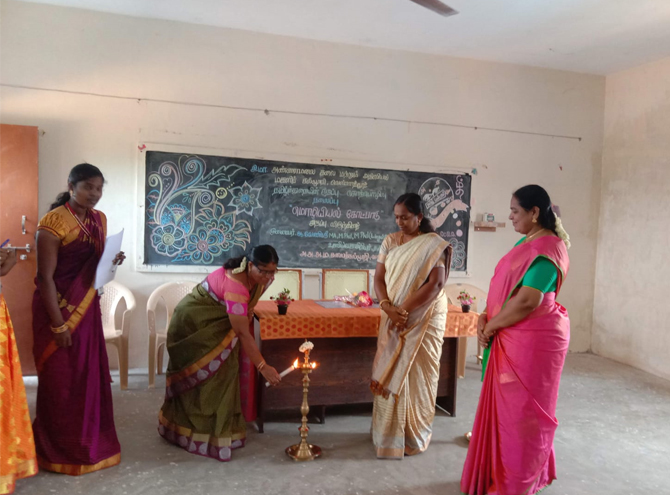
The curriculum integrates traditional literary studies with contemporary applications, making it a comprehensive and research-driven program.
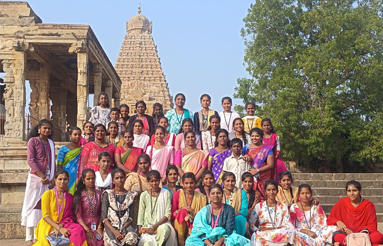
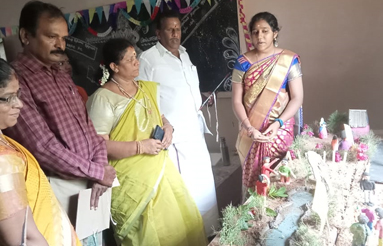
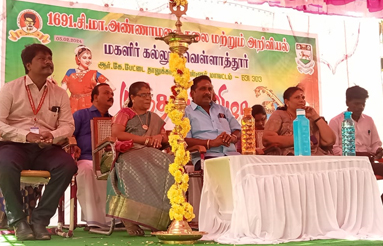


Students also undertake research projects, literary analysis, and creative writing workshops to enhance their academic and professional capabilities.

An M.A. Tamil degree opens doors to various careers in academia, media, government, and literature:
Graduates can also pursue Ph.D. programs in Tamil Literature, Linguistics, or Comparative Studies, leading to higher research and teaching careers.
The Department of Tamil at CMAWC is dedicated to nurturing future scholars, educators, and literary experts, contributing to the preservation and advancement of Tamil language and culture.
Graduates of M.A. Tamil will be able to: